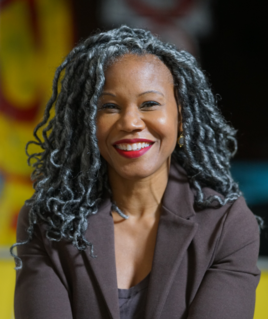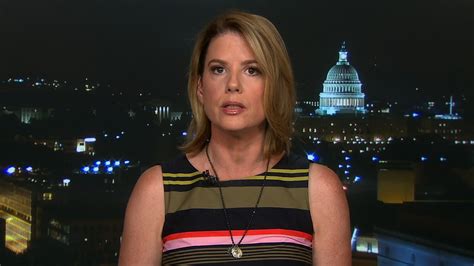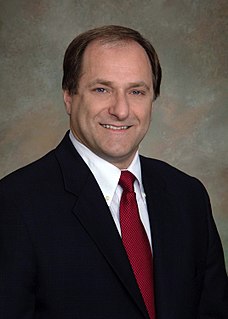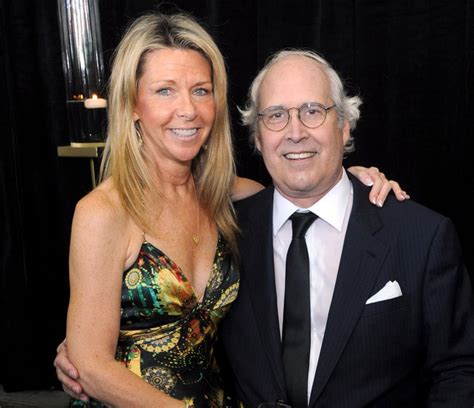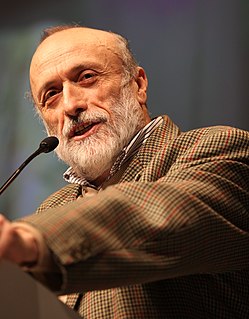A Quote by Majora Carter
Working-class and poor urban Americans are not benefiting economically from our current food system. It relies too much on transportation, chemical fertilization, big use of water, and also refrigeration.
Related Quotes
I think we have to remember that the white patriarchal system actually benefits white women in a lot of the ways and they're attached to white men who are benefiting from the system that was created by them, for them, and their fathers and their husbands and their brothers are benefiting from the system and so they are also benefiting.
There's a price you pay for drinking too much, for eating too much sugar, smoking too much marijuana, using too much cocaine, or even drinking too much water. All those things can mess you up, especially, drinking too much L.A. water ... or Love Canal for that matter. But, if people had a better idea of what moderation is really all about, then some of these problems would ... If you use too much of something, your body's just gonna go the "Huh? ... Duh!"
Class certainly loomed large in Katrina's aftermath. Blacks of means escaped the tragedy; blacks without them suffered and died. In reality, it is how race and class interact that made the situation for the poor so horrible on the Gulf Coast. The rigid caste system that punishes poor blacks and other minorities also targets poor whites.
That's why we call for a New Deal prototype. Which means we are creating the jobs - nationally funded program but locally controlled - with guidelines to achieve 100% clean renewable energy through wind, water and sun by 2030. Also to create a sustainable food system, since this is a major portion of climate emissions, and also calling for public transportation as well as infrastructure restoration including in that ecosystem restoration.
For complicated historical and political reasons, we associate 'poor' in our public consciousness with 'black.' Terms such as 'welfare queen' and 'culture of poverty' became associated uniquely with the social maladies of African Americans in urban ghettos, despite the fact that poor whites outnumbered poor blacks.
There is one thing that very reliably try to trumps the food supply and that is food demand. At the end of the day, the business of business is business and they are just trying to keep the customers satisfied, it depends what we want. The problem in our current mess is we want all the wrong stuff. Why do we want the wrong stuff? Because taste buds are very malleable little fellows. They learn to like what they know. We're bathing our taste buds in too much sugar, too much salt, too much processed food all day long. That's what they know and crave.
Cycling is not only a personal passion for me, but it is something that simply makes sense to expand transportation options for Americans. It is good for the health of our nation, the environment, the development of our communities, and is one of the keys to addressing the ongoing challenges that come with urban congestion.
In order to prepare for meaningful change, we have to look at both sides of the problem. We need to examine the output of our political system, which is often very hostile to the poor abroad and hostile also to the poor and middle class domestically. And we must also look at the procedures through which this output is produced.
If food was no longer obliged to make intercontinental journeys, but stayed part of a system in which it can be consumed over short distances, we would save a lot of energy and carbon dioxide emissions. And just think of what we would save in ecological terms without long-distance transportation, refrigeration, and packaging--which ends up on the garbage dump anyway--and storage, which steals time, space, and vast portions of nature and beauty.
I think I'm too indoctrinated. I'm going to use everything I can, and I think if I used an advertisement in that one, it would be yet another way to connect the current day with Wharton. Wharton has been perceived sometimes as being too upper class; Wharton was an extraordinary social thinker. As relevant today as anyone, so she uses some language that isn't current, but to me, I'm so happy about that because I get so bored with the 100 words that people mostly use.
I would prefer to use a very inclusive definition of the working class. I'd like to include all of those people who are, if they're not exploited by an immediate employer over them, they're exploited by the system and therefore have a cause to want to change the system. Having a very inclusive definition of the working class creates a great opportunity for organizing people.
As the world's "most dynamic" cities seek to manage their own urban growth, American state and local officials have much to offer. Our mayors can share their experiences in urban design, clean energy projects, Smart Grids, codes for energy efficient buildings, transportation safety, and innovative environmental solutions.
